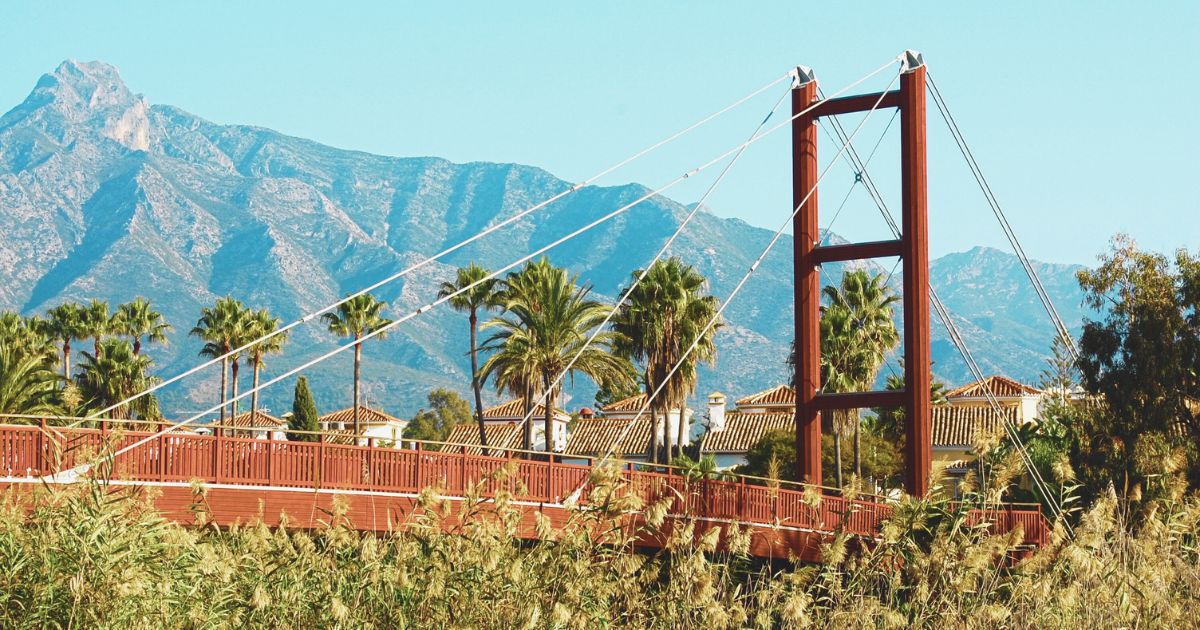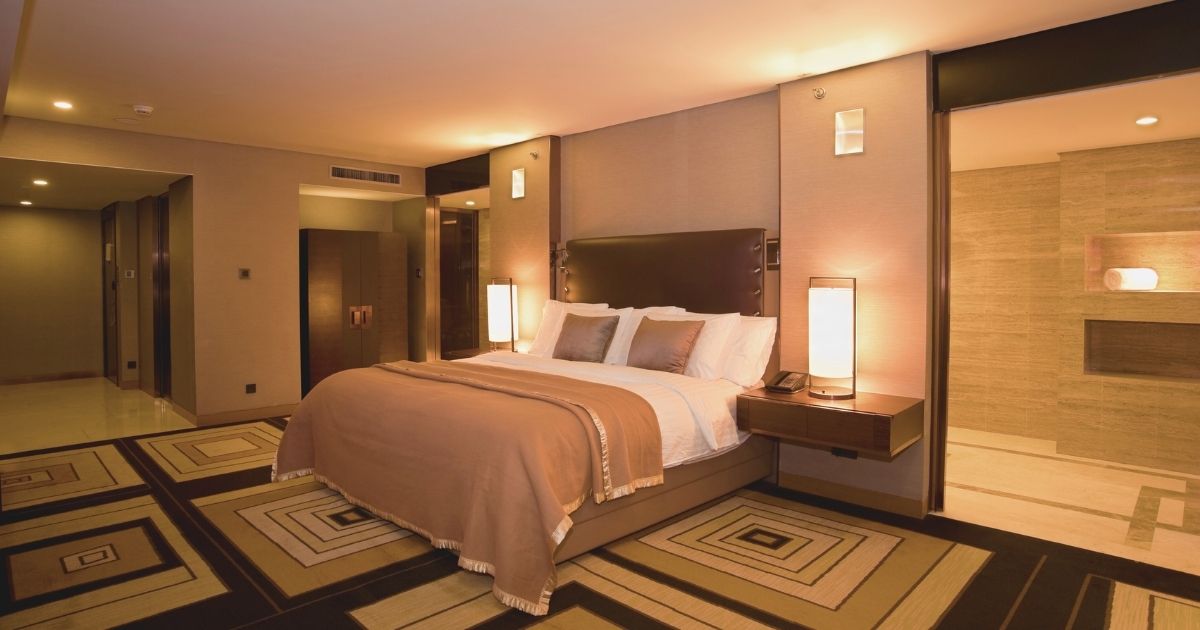The Mediterranean allure of Spain’s sunniest city has transformed it from a simple tourist destination into a thriving hub for location-independent professionals. With its blend of affordable living costs, exceptional climate, and growing international community, the experience of living in Malaga offers remote workers a compelling alternative to more established European digital nomad centers.
Beyond the picture-perfect beaches and historic streets lies a practical infrastructure increasingly tailored to remote professionals. From specialized coworking spaces to nomad-friendly cafés and robust networking communities, the city continues evolving to support sustainable long-term stays.
This guide examines the essential aspects of living in Malaga through the specific lens of location-independent professionals, providing practical insights for those considering this Andalusian gem as their next base.
Neighborhood selection for digital professionals
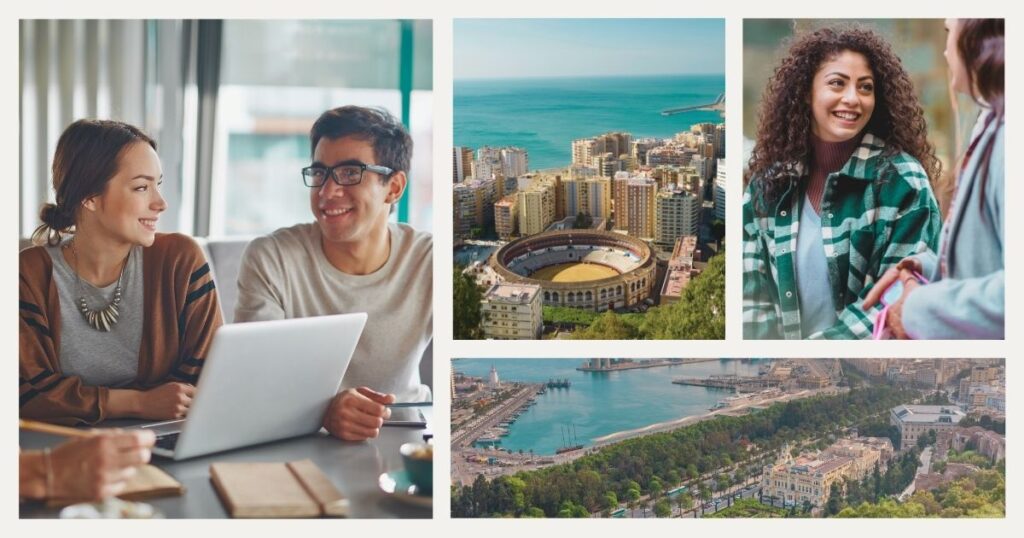
When establishing a base in Malaga, neighborhood selection significantly impacts both quality of life and professional productivity. Different districts offer distinct advantages depending on working style, budget, and lifestyle preferences.
Throughout the city, living in Malaga presents varied experiences based on your chosen location. Nomada resources frequently highlight that understanding each neighborhood’s specific character helps remote workers make informed decisions aligned with their particular nomadic style.
Centro Histórico: immersive central living
The historic heart of Malaga blends cultural richness with excellent amenities, making living in Malaga’s center particularly appealing for first-time arrivals seeking full immersion:
Professional advantages: abundant coworking spaces, cafés with robust WiFi, and maximum networking opportunities with fellow international professionals.
Lifestyle considerations: vibrant atmosphere with immediate access to cultural attractions, restaurants, and nightlife. However, tourist density during peak seasons and associated noise levels can impact work-from-home productivity.
Housing characteristics: predominantly renovated historic apartments, often with charming period features but limited space. Living in Malaga’s centro typically means choosing between character and modern conveniences.
🌟 Pro tip: when considering apartments in Centro Histórico, prioritize upper-floor units on pedestrianized streets or those facing interior courtyards. These locations dramatically reduce noise impact while maintaining the advantages of central living in Malaga.
Soho and Ensanche: creative urban balance
These adjacent neighborhoods offer an excellent middle ground between central convenience and more sustainable living environments:
Professional advantages: emerging creative district with numerous coworking spaces, independent cafés, and growing professional communities.
Lifestyle considerations: artistic atmosphere with street art, independent galleries, and innovative dining. Living in Malaga’s Soho district provides urban energy with notably less tourist saturation than the historic center.
Housing characteristics: mix of renovated mid-century apartments and newer developments, typically offering more space and modern amenities than center properties at comparable rental rates.
East Malaga: Pedregalejo and El Palo
The eastern coastal districts provide more authentic, residential environments while maintaining excellent amenities:
Professional advantages: growing number of remote-friendly cafés, smaller coworking spaces, and excellent mobile connectivity.
Lifestyle considerations: more authentic local experience with direct beach access, excellent seafood restaurants, and strong community feeling. Living in Malaga’s eastern districts means trading some central convenience for superior residential quality.
Housing characteristics: diverse options ranging from traditional Spanish homes to modern apartments, often with terraces or small outdoor spaces. Generally offers better value per square meter than central districts.
💡 Did you know? living in Malaga’s eastern districts provides access to the “chiringuito work culture” – beachfront restaurants that have adapted to digital nomad needs by offering stable WiFi, power outlets, and worker-friendly policies during off-peak hours.
Cost considerations for sustainable stays
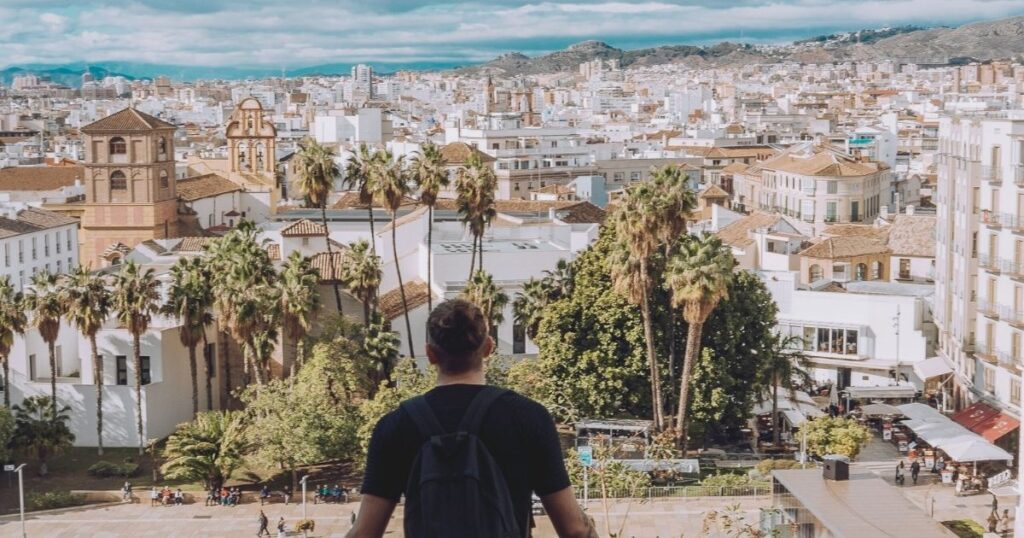
Understanding the financial landscape proves essential for sustainable living in Malaga. While the city offers excellent value compared to Northern European or North American locations, costs vary significantly based on lifestyle choices and strategic planning.
Housing budget expectations
Accommodation represents the most significant expense when living in Malaga, with several factors influencing costs:
Rental markets
One-bedroom apartments typically range from €600-800 monthly in central areas and €500-650 in outer districts. Two-bedroom units generally start around €800-1,000 in central zones and €650-800 in residential neighborhoods.
Seasonal fluctuations
Rental rates can increase 20-40% during peak tourist season (June-August). For longer-term arrangements, negotiating annual contracts provides substantial savings compared to short-term agreements.
Utilities and additional costs
Basic utilities (electricity, water, gas) typically add €80-150 monthly. High-speed internet packages range from €30-50 monthly, with fiber connections widely available throughout most districts.
Daily expenses and lifestyle costs
Beyond housing, daily living costs significantly impact sustainability when living in Malaga:
Food and dining
Local markets and supermarkets offer excellent value, with weekly grocery expenses averaging €40-70 for single individuals. Dining options span from €10-15 for quality menu del día (daily set lunch) to €20-30 for standard restaurant dinners.
Transportation
Malaga’s compact nature makes walking viable for many daily needs. The comprehensive public transportation network costs approximately €40 monthly for unlimited access, while bicycle sharing programs provide affordable alternatives at €5-7 weekly.
Workspace options
Coworking memberships range from €90-180 monthly for hot desk arrangements to €200-300 for dedicated spaces. Many cafés welcome remote workers with minimum consumption expectations of €5-8 for half-day sessions.
Maintaining reliable connectivity represents a fundamental requirement regardless of location choice. A dependable eSIM from Holafly ensures consistent internet access beyond your home or coworking space, enabling productive work from beachfront locations, parks, or while exploring Andalusia. This connectivity solution provides essential backup for those living in Malaga who need reliable internet access throughout the region.
🌟 Pro tip: when establishing long-term living in Malaga, implement the “local pricing strategy” by avoiding tourist-oriented establishments and seeking venues frequented by residents. This approach typically reduces daily expenses by 15-30% compared to visitor-focused areas.
Building community and professional networks
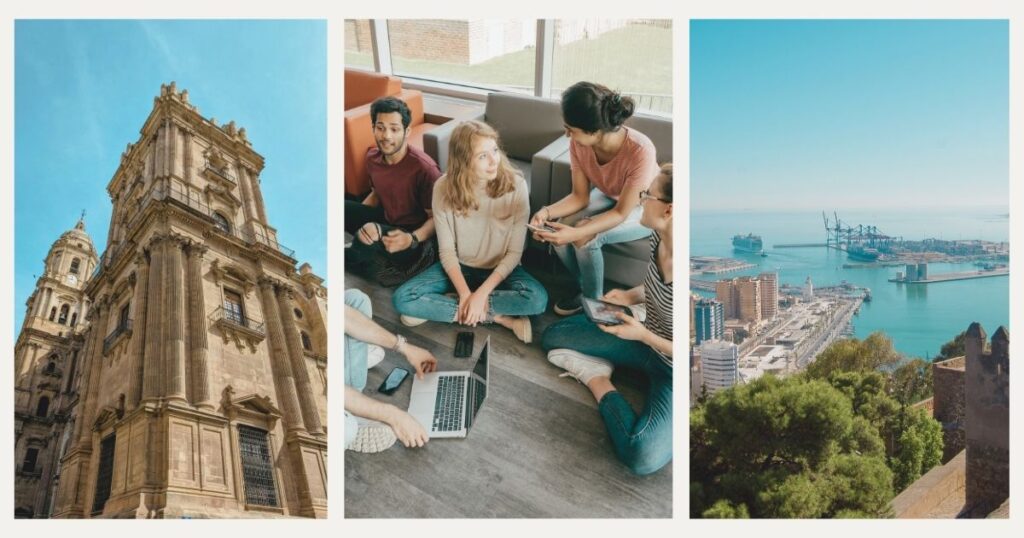
Successfully living in Malaga as a digital nomad extends beyond practical arrangements to include meaningful community connections that enhance both personal experience and professional opportunities.
Digital nomad and expat communities
Malaga’s international population has generated diverse communities welcoming new arrivals:
- Organized nomad groups: regular meetups, skill-sharing sessions, and networking events occur weekly across various venues. Facebook groups like “Digital Nomads Malaga” and “Malaga Expat Hub” serve as primary coordination platforms for these gatherings.
- Language exchange communities: these dual-purpose events allow cultural integration while building social connections, with sessions held nearly daily across different venues when living in Malaga.
- Professional industry groups: sector-specific communities gather regularly, particularly in technology, creative fields, and entrepreneurship. These provide valuable connections beyond general nomad circles.
Integration with local culture
Beyond expatriate communities, deeper integration enriches the experience of living in Malaga:
- Language acquisition: while English suffices in many professional contexts, basic Spanish significantly enhances daily life and cultural connection. Numerous language schools offer flexible programs designed specifically for working professionals.
- Neighborhood participation: local events, traditional festivals, and community activities provide authentic connection points beyond tourist experiences. These opportunities vary significantly between neighborhoods.
🌟 Pro tip: when first living in Malaga, balance nomad-specific communities with local integration efforts. While expatriate networks provide immediate connections and practical support, developing relationships with local residents delivers more sustainable social foundations and authentic cultural experiences.
Practical logistics for extended stays
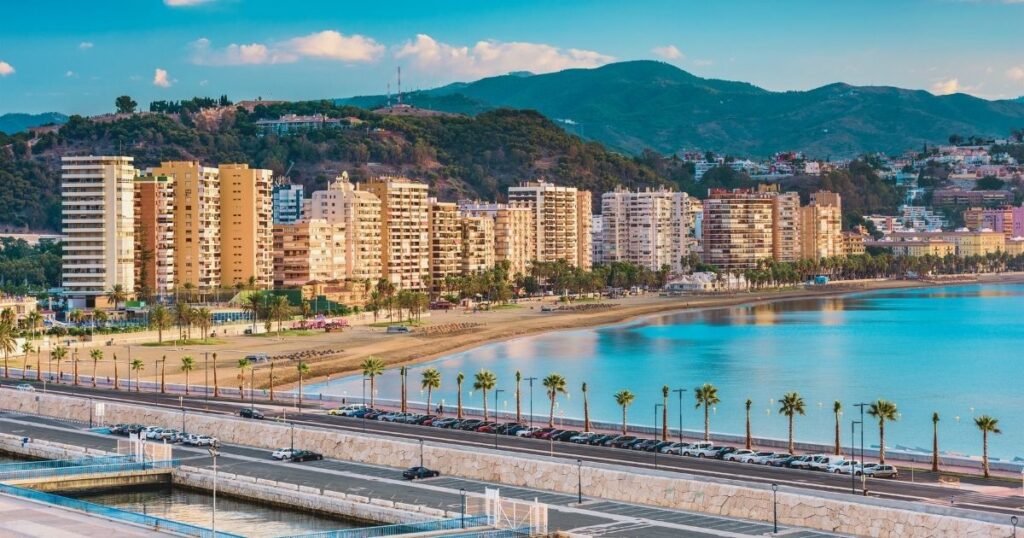
Several practical considerations require attention for smooth long-term living in Malaga, particularly regarding administrative requirements and essential services.
Legal requirements and documentation
Understanding legal frameworks ensures trouble-free living in Malaga:
Residency options: EU citizens can remain under freedom of movement provisions without additional documentation for stays under 90 days. For longer periods, an EU registration certificate becomes necessary. Non-EU citizens must navigate visa requirements, with increasing options for digital nomad-specific visas.
NIE number: this identification number proves essential for numerous practical aspects of living in Malaga, including apartment contracts, banking services, and utility arrangements.
Healthcare access: European visitors can utilize EHIC/GHIC cards for temporary coverage. Longer-term residents should consider private insurance options, with basic plans starting around €50-90 monthly depending on age and coverage level.
Banking and financial considerations
Managing finances effectively supports sustainable living in Malaga:
Key considerations for financial management include:
- Local bank accounts simplify rent payments and reduce transaction fees
- Online banking options with N26, Revolut, or Wise provide flexible alternatives
- Understanding tax implications based on residency status and income sources
- Currency exchange strategies for those earning in non-Euro denominations
- Payment methods and systems commonly used for everyday transactions
- Documentation requirements for financial services as a foreign resident
The seasonal rhythm of Malaga life
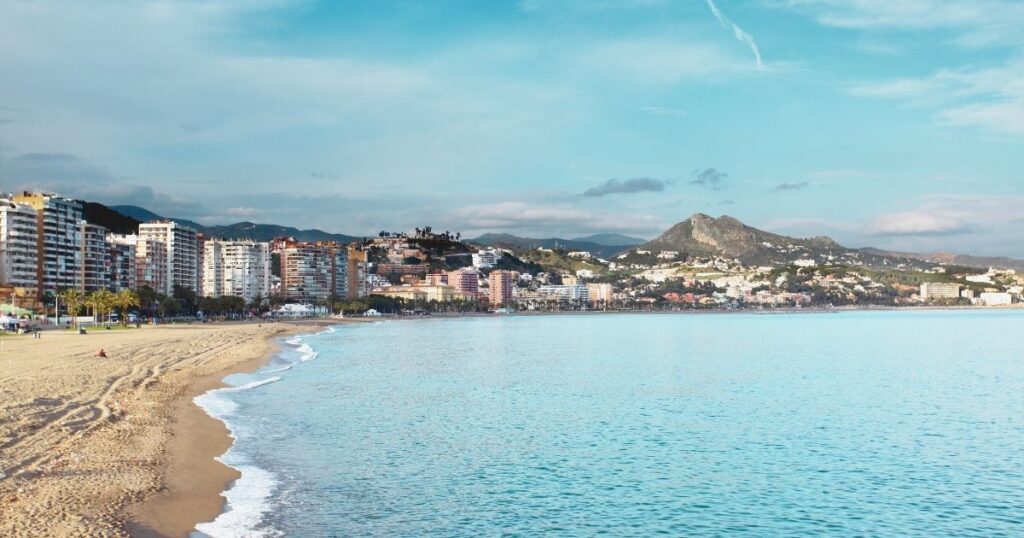
The experience of living in Malaga transforms dramatically across seasons, with distinct advantages and challenges throughout the year.
Peak season (June-August)
Summer brings significant changes to daily life:
Professional impact
Increased background noise, tourist density, and occasional WiFi congestion in public spaces can affect productivity. Many digital professionals adapt by shifting work hours earlier to maintain focus before peak activity periods.
Lifestyle dimensions
Vibrant atmosphere with numerous events, extended beach hours, and maximum social opportunities. However, crowded conditions and higher costs affect everyday activities when living in Malaga during summer months.
Off-peak living (September-May)
The majority of the year offers different rhythms:
Professional advantages
Quieter environments, more available workspace options, and stronger community engagement as temporary visitors decrease and longer-term residents engage more actively.
Lifestyle benefits
More authentic local experiences, reduced waiting times, and significantly lower costs for many activities. Living in Malaga during winter months reveals a different city with local festivals, cultural events, and unique seasonal traditions.
Seasonal considerations
Winter temperatures remain mild (averaging 12-18°C/54-64°F) but buildings often lack central heating, making portable heaters and proper clothing essential during cooler periods.
Final thoughts on living in Malaga
The experience of living in Malaga as a digital nomad combines practical advantages with exceptional quality of life. The city’s continued development of remote-friendly infrastructure alongside its inherent Mediterranean charm creates an environment where professional productivity and personal fulfillment naturally converge.
While not without challenges – particularly regarding seasonal tourist impacts and certain administrative procedures – the comprehensive benefits make Malaga an increasingly attractive option for location-independent professionals seeking European bases with reasonable costs.
For those considering extended stays, living in Malaga offers a compelling blend of affordability, climate advantages, cultural richness, and growing international community that few Mediterranean destinations can match.
For digital nomads seeking comprehensive insights into establishing their lives in southern Spain, our detailed relocation guide for remote workers in Andalusia provides neighborhood-specific recommendations, legal requirement explanations, and community connection strategies tailored to location-independent professionals.
Ready to transform your digital nomad experience with Mediterranean living? Make Malaga your next productive paradise 👉
Frequently asked questions about living in Malaga
While not absolutely essential, basic Spanish significantly enhances the experience. In central areas and digital nomad contexts, English suffices for immediate needs. However, for deeper integration, housing arrangements, administrative procedures, and authentic local connections, basic Spanish provides substantial advantages.
Fiber optic connections are widely available in most areas popular with digital professionals, typically offering speeds of 300-600 Mbps. Mobile coverage is excellent throughout the city, with 5G available in central districts. Coworking spaces generally provide enterprise-grade connections, while most cafés offer adequate WiFi for standard professional needs.
Ciudad Jardín and Teatinos offer excellent value while maintaining good transportation connections to the center. For those prioritizing beach access, El Palo provides better value than more tourist-oriented coastal areas. Within walking distance to the center, Cruz de Humilladero offers surprisingly affordable options while maintaining urban convenience.
Compared to Barcelona and Madrid, Malaga offers significantly lower costs (approximately 25-40% less) while maintaining good infrastructure. Valencia provides similar cost advantages but with less developed nomad-specific communities. Compared to other Andalusian cities, Malaga offers superior international connections and more developed digital infrastructure.
The most common challenges include navigating administrative procedures (particularly for non-EU citizens), securing quality long-term housing during peak seasons, adapting to Spanish business hours and pace, and managing the dramatic seasonal shifts in atmosphere and costs. Additionally, while growing rapidly, the tech and startup ecosystem remains less developed than in larger Spanish cities.
